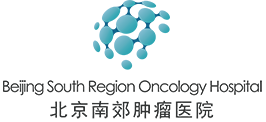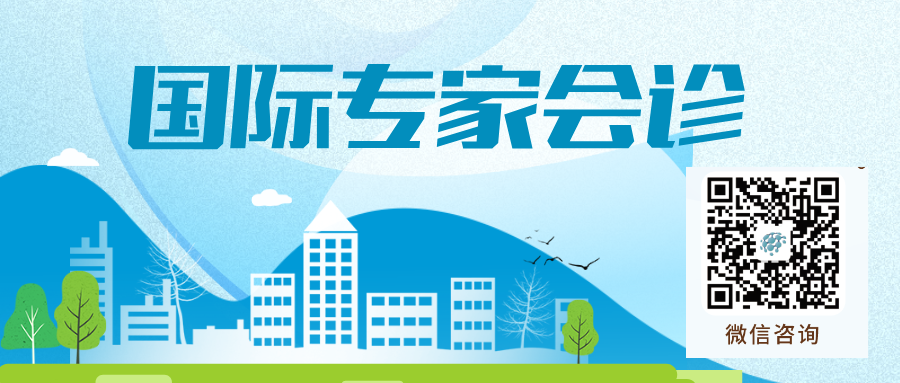On July 30, the National Medical Products Administration (NMPA) officially approved the marketing of HICARA for the treatment of adult patients with relapsed or refractory large B-cell lymphoma (r/r LBCL) who have received two or more lines of systemic therapy. This includes diffuse large B-cell lymphoma, not otherwise specified (DLBCL, NOS); diffuse large B-cell lymphoma transformed from follicular lymphoma; high-grade B-cell lymphoma with MYC and BCL2 rearrangements; and high-grade B-cell lymphoma, not otherwise specified (HGBL, NOS).
This marks China’s first fully domestically developed CD19 CAR-T product specifically targeting relapsed or refractory large B-cell lymphoma (r/r LBCL). The research, development, and production of HICARA rely entirely on Hrain Biotechnology’s proprietary molecular design, independently established process quality system, and closed, large-scale production platform. This achievement realizes the full domestication of CAR-T cell development and production, breaking foreign technological monopolies. Notably, HICARA is the first domestically approved CAR-T product to adopt a stable cell line viral vector process.
According to the results of the Phase II HRAIN01-NHL01-II trial (NCT05436223) presented during the 2024 American Association for Cancer Research (AACR) Annual Meeting, HICARA demonstrated effective responses in patients with relapsed/refractory non-Hodgkin lymphoma.
Results: As of May 16th, 2023, 81 R/R NHL patients with ECOG 0-1 at baseline received the infusion HR001 from the Jinshan manufacturing facility [51.9% male; median age 53.4 years (range 23~74); 3.7% CD19 negative; 91.4% diffuse large B-cell lymphoma; 79.0% III-IV of Ann Arbor classification or Lugano] with a median follow-up of 160 days (range 7 to 454). The median time to best response was 30 days (range 28-358). The 3-month, 6 month and best objective response rate (ORR) was 53.1%(95% CI: 41.7-64.3), 45.7%(95% CI: 34.6-57.1) and 74.1% (95% CI: 63.1-83.2) respectively. The 3-month, 6 month and best complete response rate (CRR) was 32.1%(95% CI: 22.2-43.4), 29.6%(95% CI: 20.0-40.8) and 49.4%(95% CI: 38.1-60.7) respectively. Median duration of response (DOR) and progression-free survival (PFS) were 339 days (95% CI: 149-NE) and 176 days (95% CI: 91-NE) respectively. The overall survival (OS) was not reached. The most common treatment-related adverse events (AEs) happened in the hematologic system. The cytokine release syndrome (CRS) occurred in 95.1% of patients, with ≥3 grade CRS observed in 3.7% of patients. Immune effector cell-associated neurotoxicity syndrome (ICANS) happened in 8.6% of patients, without any ≥ 3 grade ICANS reported. The treatment-related mortality was 1.2%. The median time to CAR T-cell peak expansion was 240 hours (120~672) after infusion, median maximum expansion (Cmax) was 17413.9 copies/μg DNA (124.9~136382.2), and median AUC0-28d was 3201014.0 copies/μg DNA (205082.8~18400016.2). Positive tests for the anti-drug antibody (ADA) were noted in 14.8% of patients, while neutralizing antibody (Nab) tests were positive in 3.7% of patients. Among Nab-positive patients, the complete response was maintained until follow-up.
At present, there are still many clinical trials of new anti-cancer technologies in China seeking patients. Consultation on new drugs and technologies, you can contact Beijing South Region Oncology Hospital International Department. Phone Number:4008803716 WeChat ID: 17801183037 Email:myimmnet@163.com
Post time: Jul-31-2025

